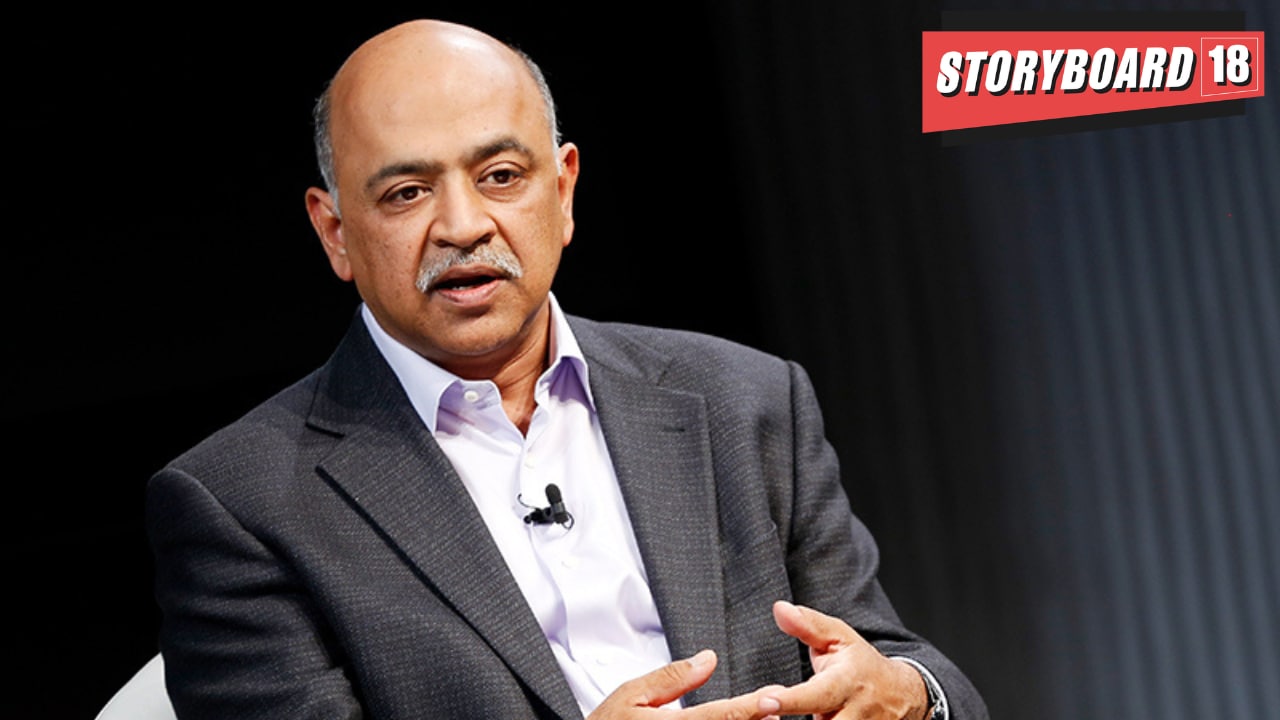IBM has reintroduced its Watson brand as part of its strategy to AI products for businesses. Its offering WatsonX is a development studio for companies to train, tune and deploy machine learning models. CEO Arvind Krishna has said that the product has already accounted low hundreds of millions of dollars in bookings in the third quarter and will very possibly hit the billion dollar mark in bookings per year.
There is stiff competition though. Giants like Microsoft, Google and Amazon, among others too have similar offerings for the market. Furthermore, IBM has been critiqued for a long time for being late to the AI part, especially when it comes to making money through its products.
IBM sold its Watson Health Unit to private equity firm Francisco Partners two years ago for an undisclosed amount. Now, the company is in process to sell its weather unit including the Weather Channel mobile app and websites, Weather.com, Weather Underground and Storm Radar, to the same firm.
In an interview with CNBC, Krishna said, “I think that’s a fair criticism, that we were slow to monetize and slow to make really consumable the learnings from Watson winning Jeopardy, and the mistake we made was that I think we went after very big, monolithic answers, which the world was not ready to absorb. Beginning that way was the wrong approach.”
When Krishna took over as CEO of IBM in 2020, he sent an email to employees saying that he’d focus on AI and hybrid cloud as the future’s technologies. On the topic of change in his views on AI’s use in business, real-life use cases and saturation, Krishna used a baseball analogy to tell CNBC how the company atmosphere was at the time.
“At the time when I called those two technologies, I think people understood cloud and AI as ‘Okay, he’s saying it, but not clear – is that a market, is it big, is it small, is it really that important? Cloud is 10 times bigger.’ So to use a baseball analogy, at that point cloud was maybe the third inning, and AI had not even entered the field.”
“If you fast-forward to today, I will tell you cloud is probably in its fifth or sixth inning of a game – so you know how it’s going, it’s a mature game, you kind of know where it’s going to play out. AI is in the first inning, so still unclear who all will be the winners, who all will not win, et cetera. The difference is that it is on the field, so it is a major league game. Unclear on who exactly is going to win – that may be the only question,” he added.
US President Joe Biden’s recent executive order had a long list of sections that related to AI-generated content and the risks involved, including the order that AI companies share safety test results with the U.S. government before the official release of AI systems. IBM, one of the companies who participated in the signing of the executive order on the 30th of October too has had to make changes to adapt to the new system. Krishna said that he had no concerns with sharing what tests we have done with the federal government. He has publicly advocated that companies that put out AI models should be held accountable to their models. He further added that a legislation be introduced that makes the company legally liable for their models.
“You should put in legislation that requires us to be legally liable for what our models do, which means if your models do bad things, you can get sued. I’m not saying that’s a very popular viewpoint, but that is one that I have articulated,” said Krishan.
What concerns Krishna is the if the government will put this into a public database so everybody knows the company’s secret recipes. “I do believe that there should be competition – we should be allowed to have our own copyrighted ways of doing things, and those don’t need to be made public. So my concern is kind of on the edges, but they haven’t yet told us how they want us to do all those things, and I’m hoping that we can influence – whether it’s NIST or commerce or whoever is coming up with all these rules – to sort of allow for confidentiality. But behind confidentiality, I don’t really have concerns, per se, about this,” mentioned Krishna.
